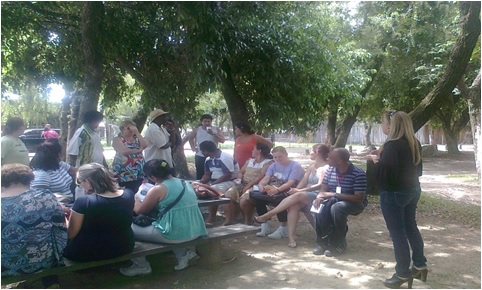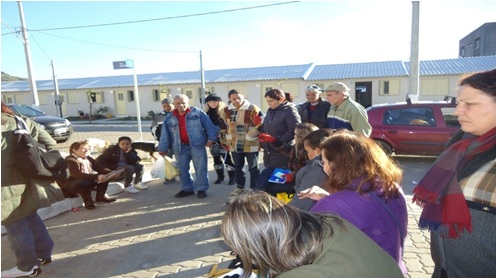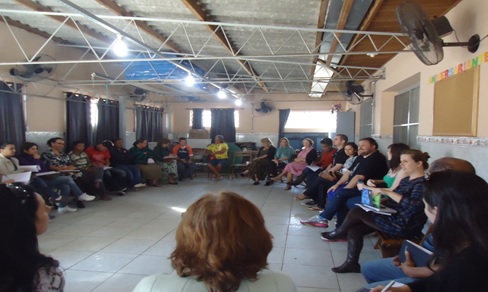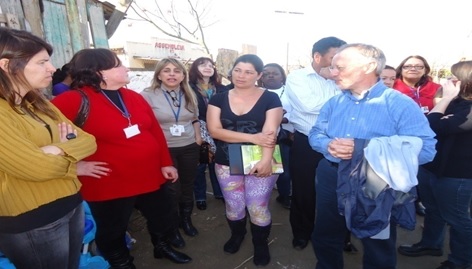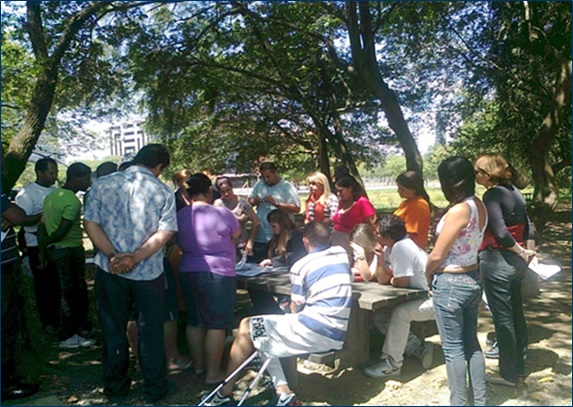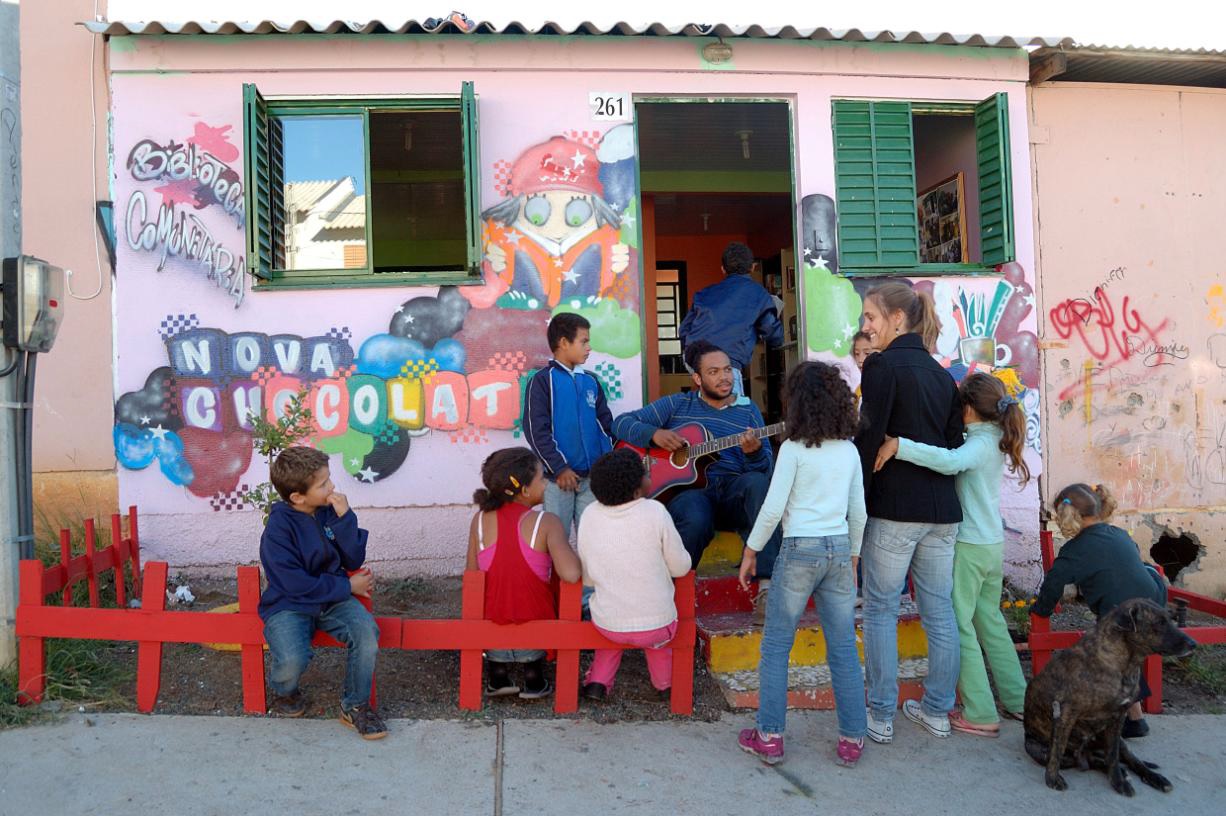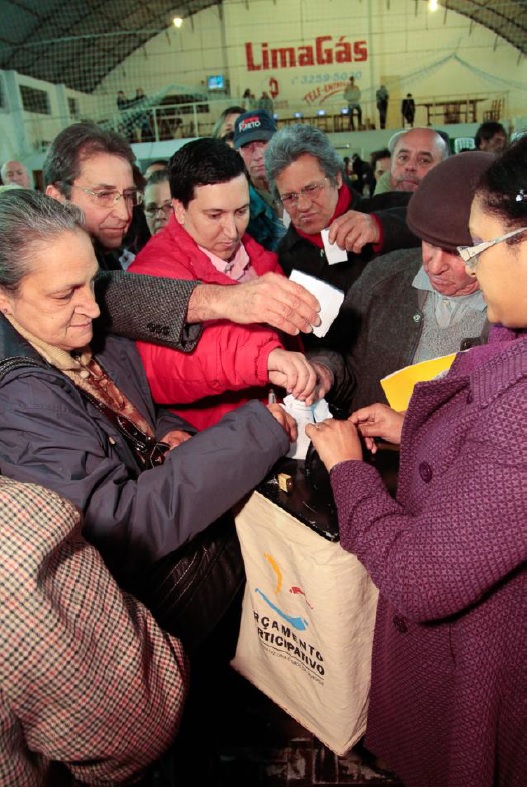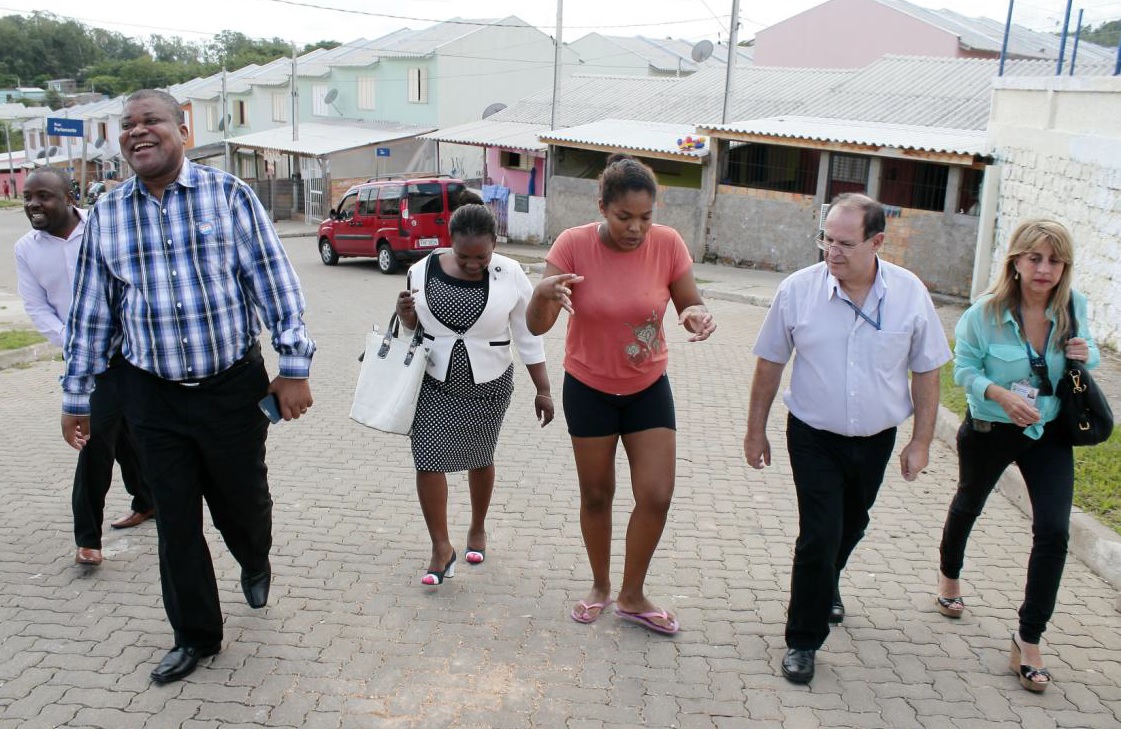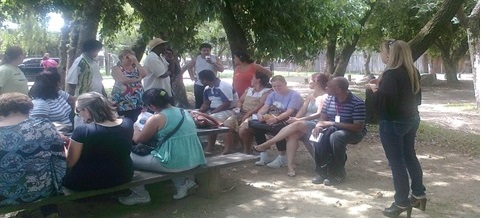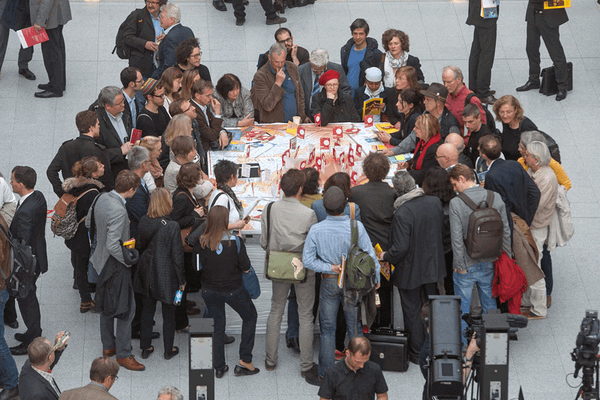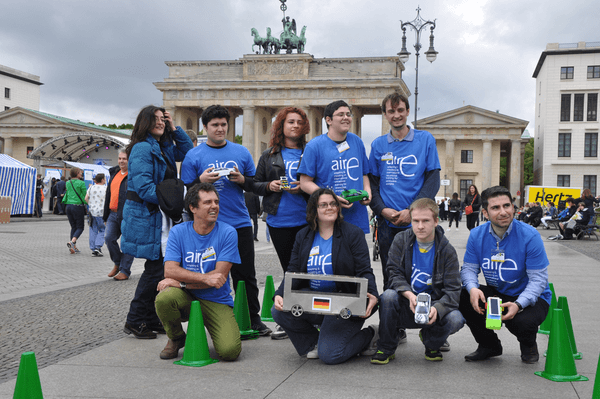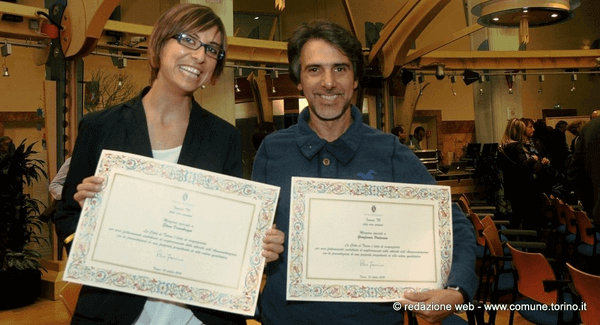The GSL is dedicated to organizing networks of political participation in Porto Alegre in view of the innovative experimentation with a new pattern for the relationship between state and society. The networks are initially organised in thirty regions of the city and will proceed into 82 neighbourhoods and settlements. The steps for implementation of the GSL in this first round of regional coverage comprised the public launch of the proposal, training the first network energizers, setting up connection teams, constructing GSL networks, arranging future-vision seminars, preparing diagnosis of assets and needs, developing the participative plan and defining goals, formulating a priority agenda, and agreeing on the Local Solidary Governance Pact. The PGSL will progressively extend to city neighbourhoods; involving the participation of around 12,000 volunteers. From there, the process can be replicated into settlements, without the need for greater governmental involvement. It will thus no longer be a specific government program, and will become an emergent and self-sustaining dynamic of governance, contributing to seeding a new pattern for the relationship between state and society. The idea is to transform Porto Alegre into a “Network-City”, a city that envisages the future as an opportunity for citizens and community to exercise their citizenship, within a climate of participative democracy, as a right and a responsibility for their own development and for the development of the city as a whole.
Public Authorities should promote a culture of partnerships, connecting public, private, and Third-Sector investment; defining joint priorities and rationalizing the joint efforts of the human, social and material resources involved. Co-responsibility Commitments for achieving the social results should be agreed between all the partners involved in each project.
To obtain firm results from implementing the PGSL, organised strategies are concentrated into:
- Raising awareness and training public-sector workers and managers, collegiate bodies, community leaders, representative bodies from organised civil society, Participative Budget delegates and advisors, second-and third-sector partners, universities and communication media for setting up, and implementing the PGSL;
- Setting up a strong and continuing training and skills network for Local Solidary Governance, through universities, research institutions and national, and international consultants;
- Connecting the Local Management Committees (of the Municipal Government) with the interdisciplinary teams of the Integrated Social Inclusion Programs, with reference to the strategic actions of Local Solidary Governance in the 16 regions of the OP;
- Monitoring, evaluating, and publicizing the Local Solidary Governance Management Process using monitoring and research instruments to be developed and/or adapted to the situations in each region of the city.
